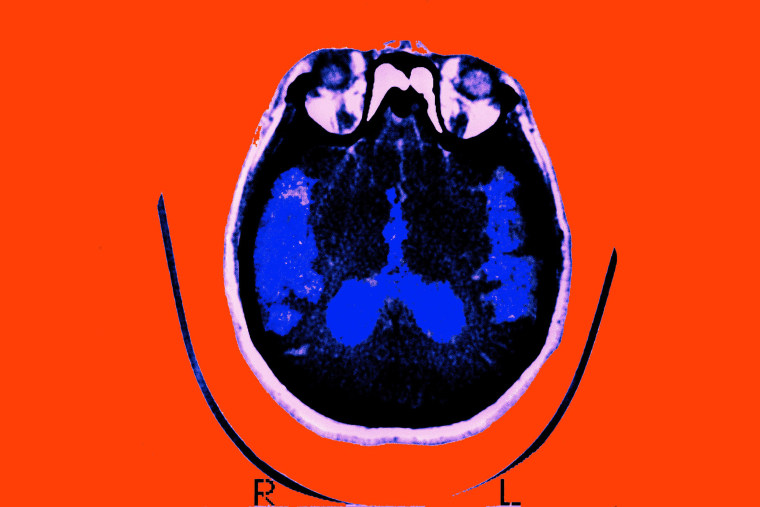Clarity-AD : Alzheimer's Breakthrough
"This is a historic moment for dementia research, as this is the first phase-three trial of an Alzheimer's drug in a generation to successfully slow cognitive decline."Lecanemab slows the progression of memory and thinking problems in people with early Alzheimer's, demonstrating a major breakthrough in dementia research.""This is the first drug that's been shown to not only remove the buildup of a protein called amyloid in the brain, but to have a small but statistically significant impact on cognitive decline in people with early-stage disease.""Regulators ... will assess the full data to determine whether lecanemab is safe and effective enough to be used in people with Alzheimer's. If it is approved, it is essential that it gets to those who may benefit from it as quickly as possible."Dr. Susan Kohlhaas, director of research, Alzheimer's Research UK
 |
"This is an unambiguously statistically positive result and represents something of a historic moment when we see the first convincing modification of Alzheimer's disease.""God knows, we've waited long enough for this."Rob Howard, professor of old age psychiatry, University College London
What is being hailed as a "historic moment" for research focusing on Alzheimer's disease has scientists waxing enthusiastic about the possibilities of a drug identified as capable of reducing memory decline while destroying key proteins known to be associated with the brain-degenerative condition. A study of 1,800 individuals suffering from Alzheimer's found twice-weekly injections of lecanemab to reduce progress of the disease by 27 percent.
The drug is being heralded as the first treatment to emerge able to slow cognitive decline and to reduce the plaques associated with Alzheimer's. It took no more than six months for changes to become evident once participants began taking the drug. At the same time, researchers caution that the drug is not a cure for Alzheimer's. It was also found, however, that lecanemab slowed the decline in functional thinking of participants.
 |
| Eisai has been the only Japanese pharmaceutical company with a heavy focus on neurocognitive disorders. (Photo by Kosaku Mimura) |
A pharmaceutical company based in Tokyo -- Eisai -- manufactures the drug, and has partnered with Biogen, a U.S. biotech company, in the drug's development. Application for approval in the U.S. is expected to take place this year, following which an application for a license early next year, in Europe. The drug, an "anti-amyloid beta protofibril antibody" has been designed to target and to clear amyloid, a protein that builds in the early development of Alzheimer's.
To date, Eisai's study, named Clarity-AD, represents the largest to test a long-debated assumption that the progress of Alzheimer's may be deterred once the protein has been cleared. The significance of the study results resides in the fact that those taking the drug had lower levels of amyloid in comparison with study participants who were given a placebo. The trial results are recognized by Alzheimer's groups as the first in a generation to indicate a significant impact on cognitive decline.
The study could be "game changing. I believe that research will cure dementia, and this is a vital milestone on that journey", asserted Dr. Richard Oakley, associate director of research at the Alzheimer's Society.
 |
| Given the largely disappointing rollout of Biogen's Alzheimer's drug, Aduhelm, last year, any drug that appears to help Alzheimer's patients is welcome. Photo courtesy of HealthDay |
"If borne out by the full details of the study, as they are the clearest indicator so far that by lowering amyloid levels in the brain, cognitive decline can be slowed [the results are] exciting.""The results are consistent in size with those found in earlier phase trials with other anti-amyloid drugs.""This convergence strengthens the findings. However, the size of the effect, while significant, is small -- the disease is slowed by 27 percent over 18 months."\"What we cannot know yet is whether that effect increases over time in an individual; that would be predicted but is untested -- time will tell."Dr. Catherine Mummery, consultant neurologist, National Hospital for Neurology and Neurosurgery, central London
Labels: Alzheimer's Disease, Pharmaceutical, Progression Control, Research

0 Comments:
Post a Comment
<< Home